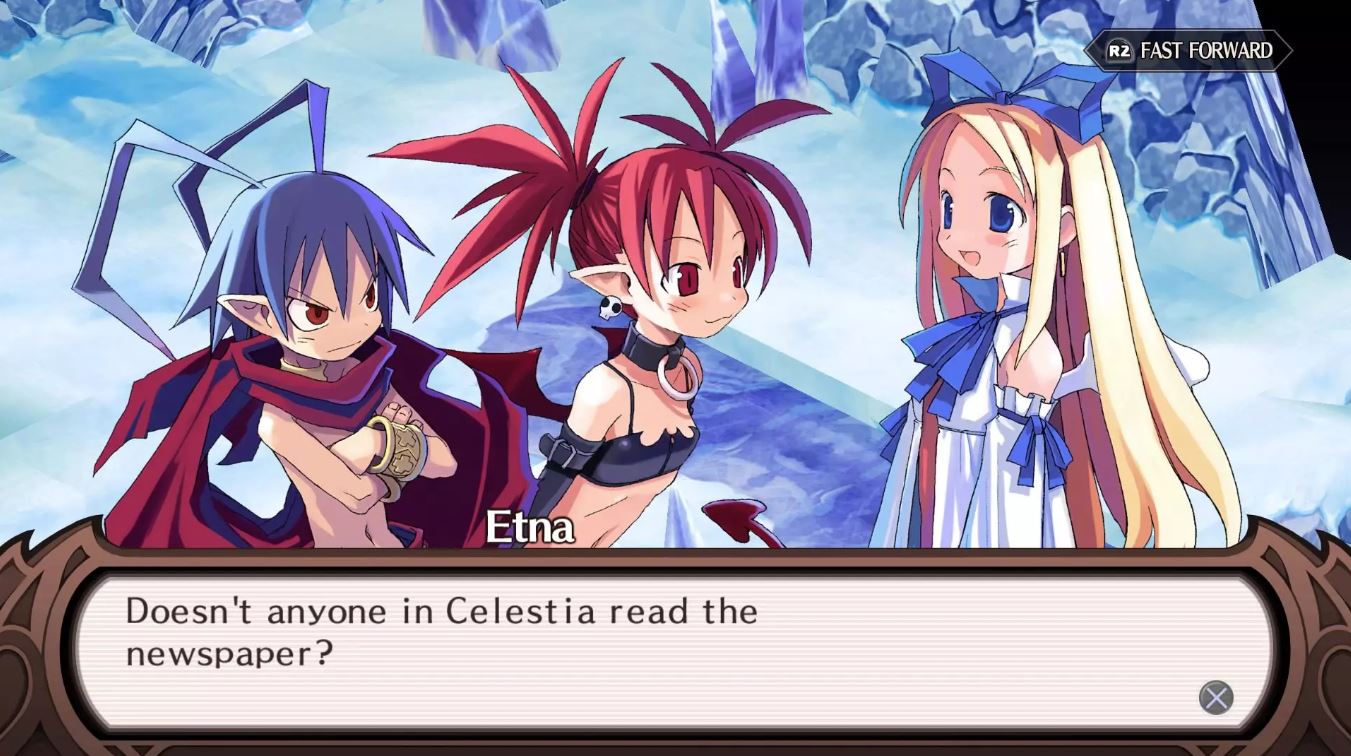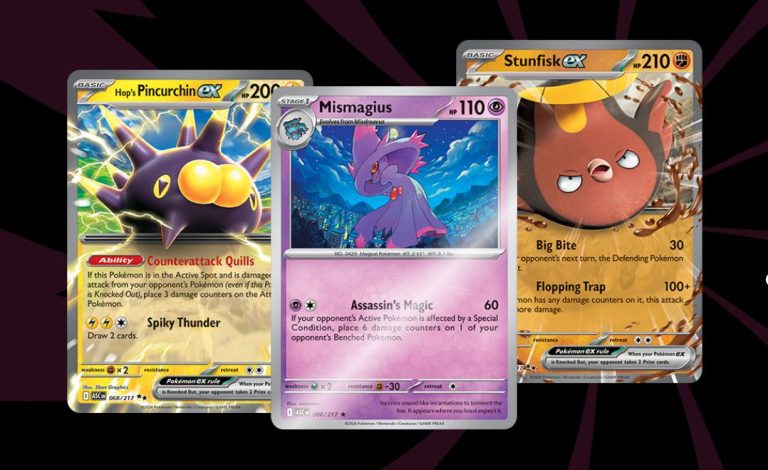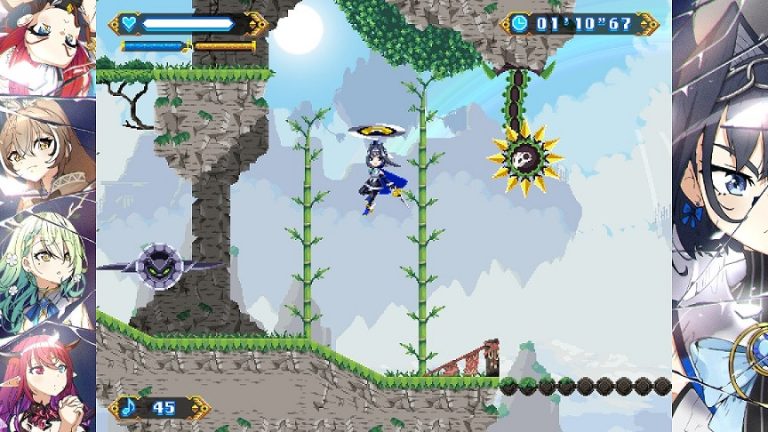Disgaea series developer Nippon Ichi Software (NIS) held a live program in March during which it announced six new titles slated for launch in 2025 and 2026. Except for Fuuraiki 5 – the latest entry in the Fuuraiki travel game series – all of the announced projects were brand-new IPs, which NIS fans were happy to see. In a recent interview with Famitsu, Nippon Ichi Software’s new CEO Kenzo Saruhashi and Yomawari series creator Yu Mizokami talked about the company’s policy when it comes to making new IPs amidst the rising costs of development and risk of failure.
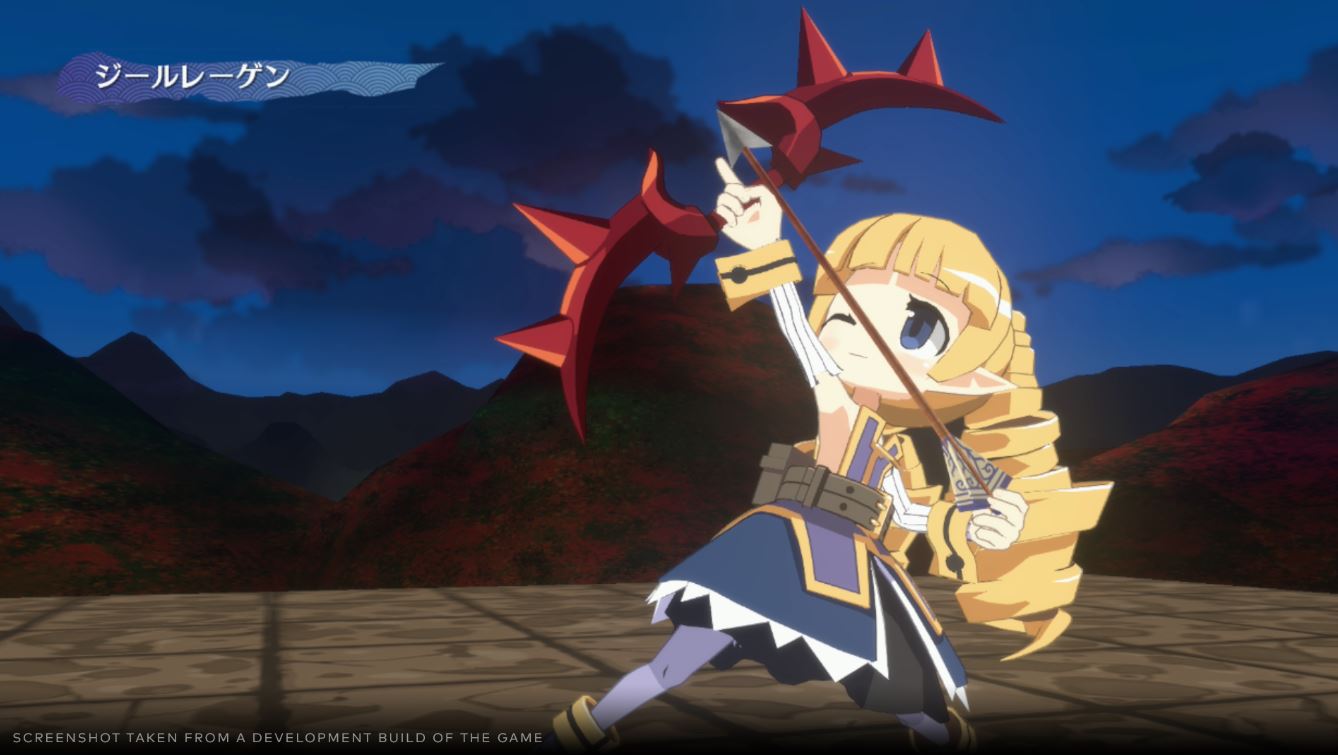
From a business perspective, Saruhashi notes, making a sequel is the easier option for game companies, as you can predict sales and profit margins more reliably. “But in our case, we’re more driven by whether our fans want a sequel or. If there’s demand for, we’ll make it.”
On the other hand, making new IPs seems like a non-negotiable for NIS, as Saruhashi comments, “On the flip side, if we were to stop taking on new challenges, we would be like a fish out of water – I think we’d die.” Although it may sound dramatic, there is a sound strategy behind this – Saruhashi explains that with NIS being a mid-size company, its survival depends on daring to do the things big companies can’t risk trying. This approach has worked for them too, as projects like Yomawari (which director Mizokami describes as “a big risk”) found their audiences and turned out successful.
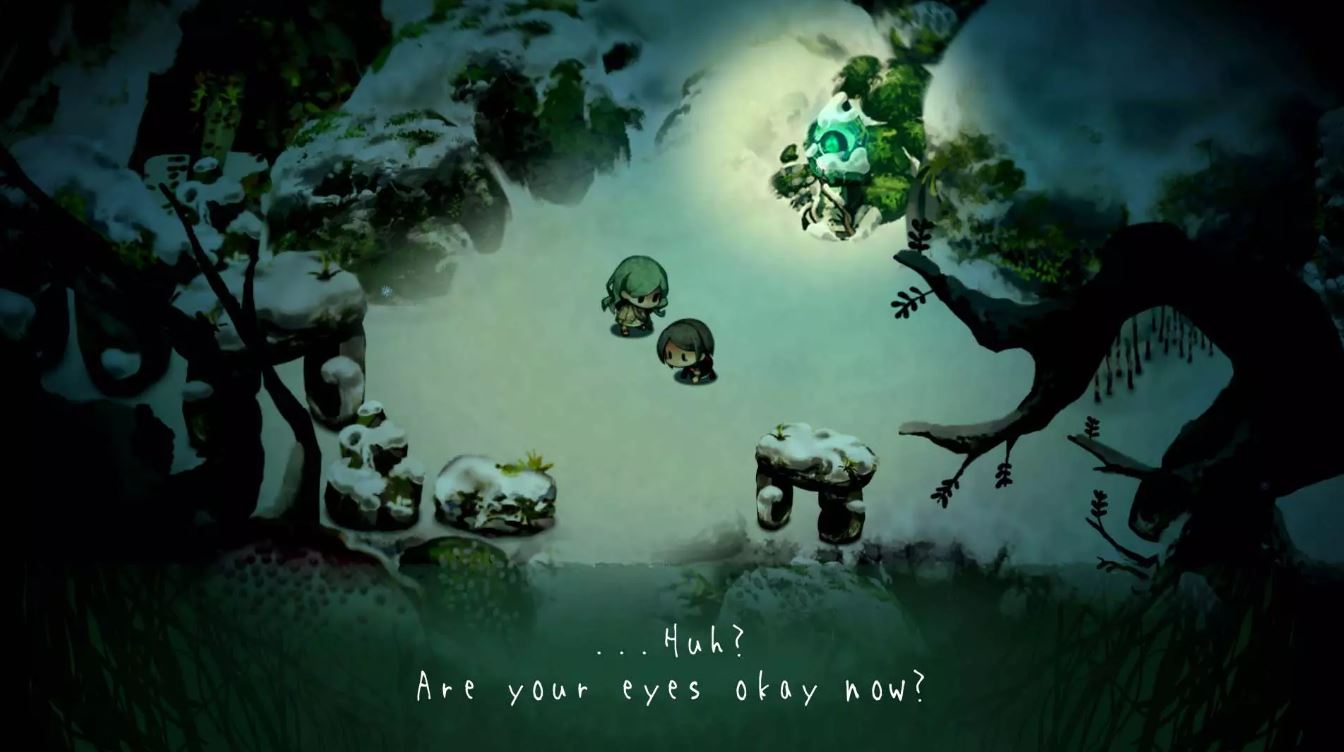
That said, NIS isn’t managing to miraculously avoid the issue of rising development costs – in the face of financial constraints, the company is limiting budgets for its more experimental titles and relying on its devs to come up with creative workarounds. Interestingly, Mizokami comments that even if she were suddenly given a multi-million budget to work with, she’d “probably get bored halfway through,” preferring the thrill of problem-solving that comes with working on a tight budget. In contrast to triple-A game development, Saruhashi and Mizokami refer to NIS’s approach as “speedrun/real-time attck-style game development.”

